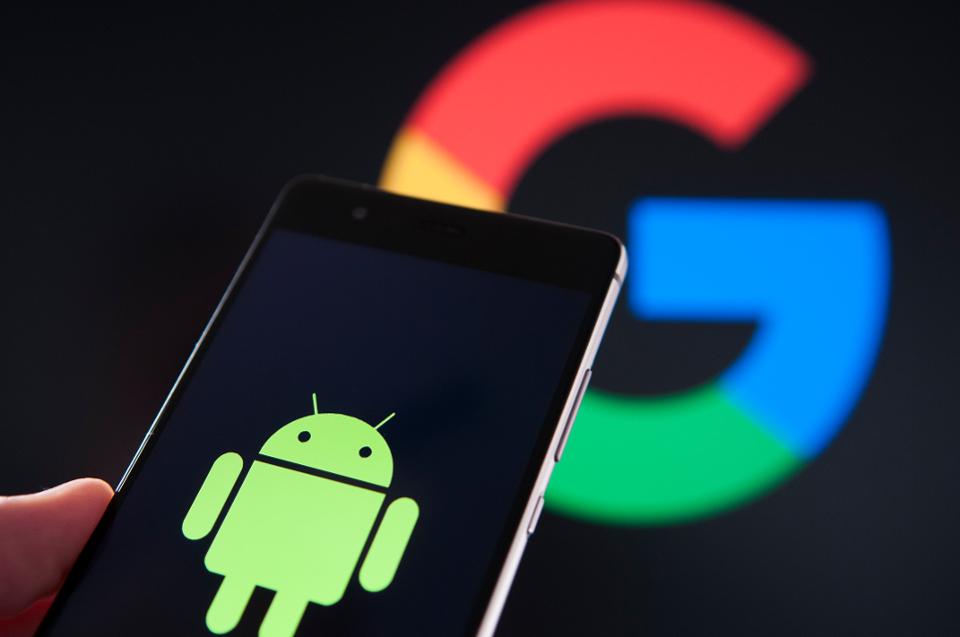
Why Skills-First Leadership Is Replacing the Ivy League Playbook in the C-Suite
The old prestige pyramid—where Ivy League degrees and blue-chip consulting backgrounds paved the way to the CEO seat—is cracking.

June 8, 2021: -Google is tightening the privacy practices that could make it harder for companies to track users on Android phones and tablets.
Google already allows Android users to opt out of personalized ads. But even if users do that, software developers can still access the Advertising ID of the user, a unique string of characters that identifies the user’s device. Firms can use this Advertising ID to allow developers to measure app usage or let advertisers detect and prevent invalid traffic.
The company said in a policy update that its rollout could affect the apps running on Android 12 devices beginning in late 2021 and will expand to apps running on devices that support Google Play in early 2022. In addition, it said it would “provide an alternate solution to support essential use cases like analytics and fraud prevention” in July.
With regulators looking closer at user privacy and consumers becoming more concerned about using their data, tech giants are trying to get ahead by making changes in the name of privacy. For example, Google said in early 2020 that it would end support for third-party cookies on its Chrome browser within two years.
But with advertising making up about 80% of the revenue of Google, it also needs to keep advertisers happy by offering alternative ways to place ads in front of users they are trying to reach and track their effectiveness. The company is in the market leader in online advertising for more than a decade and is expected to command around a 29% share of digital ad spending worldwide in 2021, according to eMarketer.
Changes of Google will follow other changes Apple recently made for iOS devices, but are not as dramatic. For example, apple’s changes make it easy for iPhone and iPad users to opt-out of the kind of tracking that helps advertisers target ads or measure if the ads work by placing a prompt in front of them whenever a new app is opened. Facebook objected strongly to the changes and said that users would see less relevant ads and those small businesses would be affected as targeted advertising got harder.

The old prestige pyramid—where Ivy League degrees and blue-chip consulting backgrounds paved the way to the CEO seat—is cracking.

Loud leaders once ruled the boardroom. Charisma was currency. Big talk drove big valuations.

But the CEOs who make history in downturns aren’t the ones with the deepest cuts

Companies invest millions in leadership development, yet many of their best executives leave within a few years. Why?

The most successful business leaders don’t just identify gaps in the market; they anticipate future needs before anyone else.

With technological advancements, shifting consumer expectations, and global interconnectedness, the role of business leaders

The Fort McMurray First Nation Group of Companies is the wholly owned business entity of Fort McMurray 468 First Nation. It was established in 1987 as Christina River Enterprises, and the organization rebranded as FMFN Group in 2021. Providing Construction, Custodial, Petro-Canada Fuel & Convenience Store, and Transportation services to a broad portfolio of customers, the Group of Companies is creating financial stability and prosperity for the Nation.

Maushum Basu is a visionary leader who inspires his team with a clear, compelling purpose. Unafraid to take calculated risks, he understands that growth often stems from change and innovation. His deep commitment to both Airia Brands, Inc.

When speaking with Martin Paquette, one thing is immediately apparent: he’s honest. His transparency is refreshing. While many shy away from such vulnerability, Paquette sees it as a force to reckon with. The incredible emotional intelligence speaks to years of looking within—it’s also what allows him to acknowledge his mistakes gracefully and use them as opportunities to innovate.

Marina Charriere, CEO of Star Drug Testing Services, Star Drug Testing Services (Windsor Park), and First Defence Face Masks go hand in hand. Star is a drug and alcohol testing facility, and First D F M is a face mask company.

Leave us a message
Subscribe
Fill the form our team will contact you
Advertise with us
Fill the form our team will contact you